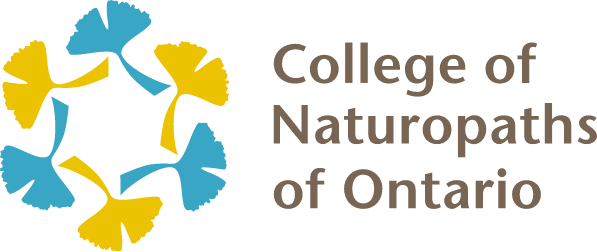Reporting Diseases
The Health Protection and Promotion Act (HPPA) requires Registrants to notify the local medical officer of health in their Public Health Unit immediately if they believe that the person that they’re treating has, or may have, a reportable disease, such as influenza, Lyme disease and mumps. The complete list of reportable diseases can be found in the Specification of Reportable Diseases regulation (O.Reg. 559/91) made under the HPPA (also referred to as the Reportable Disease Report).
According to the Reports regulation (O. Reg. 569) made under the HPPA, a Reportable Disease Report must include the following information about the person:
- name and address in full,
- date of birth in full,
- sex, and
- date of onset of symptoms.
The Registrant must also provide any additional information regarding the reportable disease that the medical officer of health considers necessary.
In the case of specified diseases—including but not limited to chicken pox and measles—the Reports regulation requires the Registrant to provide information in addition to what’s listed above. This includes (but is not limited to) the date of diagnosis, laboratory findings, current treatment of the infection and the travel history of the person. All reporting requirements can be found in the Reports regulation. It is crucial that Registrants are aware of the varying reporting requirements when completing a Reportable Disease Report.
The duty to report reportable diseases includes providing identifying information and does not require the patient to first provide consent to disclose his or her personal health information.
The HPPA maintains that a civil action, or other proceeding, cannot be commenced against a Registrant if they made a Reportable Disease Report “in good faith.” This means that as long as the Registrant does their best—and does not file a Reportable Disease Report with malice or ill intent—they are statutorily protected.
If, however, a Registrant fails to make a Reportable Disease Report when required, they can be found guilty of a provincial offence. This could result in a fine of up to $5,000 for every day, or part of a day, that the Ontario naturopath fails to comply. Moreover, the College could also consider this an act of professional misconduct.
On January 22, 2020, the 2019 novel Coronavirus was added as a designated disease reportable under Ontario’s public health legislation, allowing local public health units to quickly and effectively take all necessary measures to investigate, complete lab tests, and do case and contact management to prevent and control further spread of the virus.
Naturopaths have a responsibility to report a suspected case of the new Coronavirus to their local public health unit .
